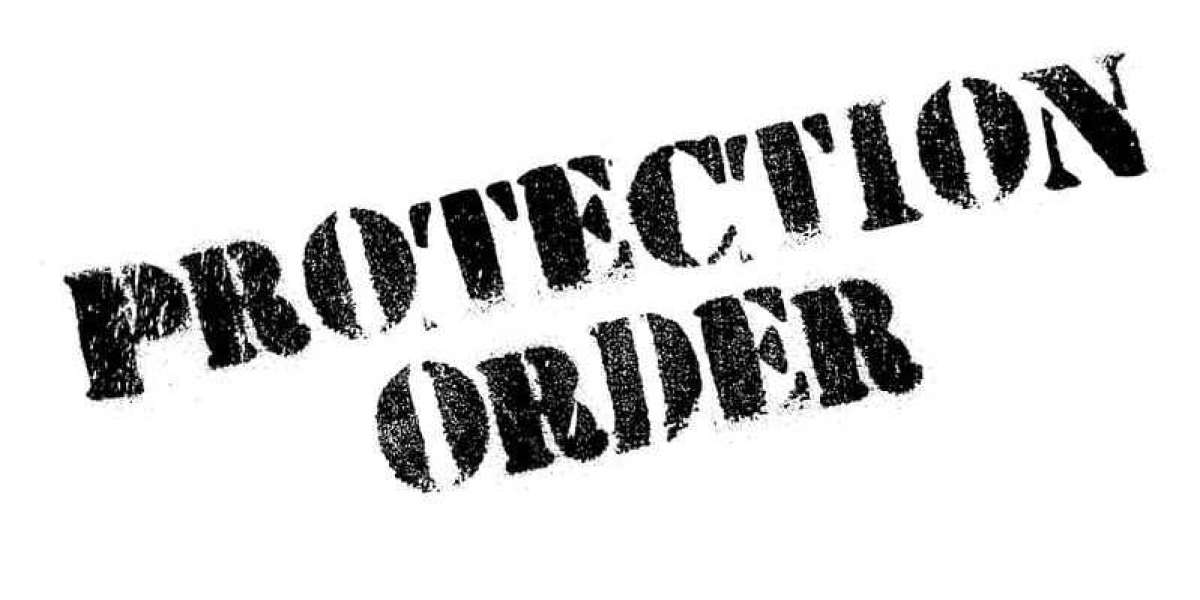Protective orders are powerful legal instruments designed to provide safety and protection for individuals at risk of harm, harassment, or violence. In Virginia, these orders are a vital means of safeguarding victims and ensuring their well-being. However, it's essential to understand that protective orders also come with specific rights and responsibilities for both the individuals who obtain them and those against whom they are issued. In this blog, we will explore the rights and responsibilities that individuals have when a protective order in Virginia.
Rights of Individuals Under a Protective Order in Virginia
Protection from Abuse or Harassment: The most fundamental right granted to a petitioner (the individual seeking protection) under a protective order is the right to be safeguarded from abuse, harassment, or threats. The order prohibits the respondent (the alleged abuser) from engaging in any behavior that poses a risk to the petitioner's safety.
No-Contact Provision: Protective orders in Virginia typically include a no-contact provision, which gives the petitioner the right to avoid any form of contact from the respondent. This includes physical presence, phone calls, text messages, emails, and any other communication methods.
Possession of Shared Residence: In some cases, the protective order may grant the petitioner exclusive possession of a shared residence, ensuring that they can continue to live there without fear of interference from the respondent.
Child Custody and Visitation Rights: In family abuse protective orders, the petitioner may be granted temporary custody of children and restrictions on the respondent's visitation rights. This is to ensure the safety and well-being of the children involved.
Property and Financial Support: Protective orders may include provisions for property division and financial support. The petitioner has the right to seek these provisions, which can be crucial for their financial stability and independence.
Legal Enforcement: The petitioner has the right to call law enforcement if the respondent violates the protective order. Law enforcement will take the violation seriously and can arrest the respondent for non-compliance.
Confidentiality: The petitioner's personal information, such as their address, is usually kept confidential in protective order cases to protect their safety and privacy.
Responsibilities of Individuals Under a Protective Order in Virginia
Compliance with the Order: The primary responsibility of the respondent is to adhere to the terms and conditions outlined in the protective order. This includes avoiding any contact or behavior that would violate the order.
Surrender of Firearms: In cases where a protective order prohibits firearm possession, the respondent is responsible for surrendering any firearms or other weapons as required by the order.
Respect for No-Contact Provision: The respondent must fully respect the no-contact provision, refraining from any attempts to communicate or approach the petitioner.
Child Custody and Visitation Compliance: If a family abuse protective order involves child custody and visitation provisions, the respondent is responsible for complying with these terms, including any limitations or restrictions placed on their interactions with the children.
Property and Financial Support Obligations: The respondent may have financial and property obligations outlined in the protective order, such as providing temporary support or adhering to property division guidelines. It is their responsibility to fulfill these obligations as specified.
Legal Consequences of Violation: The respondent is responsible for understanding the legal consequences of violating a protective order. Violating an order is a criminal offense in Virginia and can result in arrest, fines, and imprisonment.
Rights and Responsibilities for Both Parties
It's essential to recognize that both the petitioner and the respondent in a protective order case have certain shared rights and responsibilities:
Access to Legal Representation: Both the petitioner and the respondent have the right to seek legal representation. They can consult with an attorney to understand their rights, responsibilities, and the potential legal implications of the protective order.
Right to a Fair Hearing: In cases where a protective order is contested or challenged, both parties have the right to a fair hearing. This includes the opportunity to present evidence, call witnesses, and make their case before the court.
Due Process: Due process rights are applicable to both parties. This means that the legal process must be fair, just, and transparent. Both the petitioner and the respondent have the right to be heard and to have their interests protected.
Notification of Court Proceedings: Both parties have the right to be notified of court proceedings related to the protective order. This ensures that they are aware of the legal process and can participate in hearings or modifications.
Access to Protective Order Records: While the specific details may vary, both parties generally have the right to access the protective order records. This includes reviewing the terms and conditions of the order and understanding their obligations under it.
The Role of Legal Representation
Given the complex nature of protective order cases, legal representation is often crucial for both the petitioner and the respondent. Here's how an attorney can help:
Protecting Rights: Attorneys can ensure that their clients' rights are protected and that they understand their responsibilities under the protective order.
Providing Legal Guidance: Attorneys offer guidance on how to comply with the order, preventing unintentional violations.
Representing in Court: In contested cases, attorneys can represent their clients in court, presenting evidence and arguments to support their positions.
Negotiating Settlements: Attorneys can help negotiate settlements and modifications that are in the best interests of their clients, helping to avoid lengthy court battles.
Exploring Legal Remedies: Attorneys can advise their clients on potential legal remedies, including challenging or modifying the order if appropriate.
Conclusion
Protective orders in Virginia provide essential protections for individuals facing the threat of harm, harassment, or violence. Understanding the rights and responsibilities of both the petitioner and the respondent under a protective order is crucial for compliance with the law and ensuring the safety and well-being of all parties involved. Legal representation, when sought, plays a pivotal role in protecting these rights and guiding individuals through the complex legal processes associated with protective orders. It's important for all parties to be informed about their obligations and to seek appropriate legal counsel when necessary to navigate this challenging terrain effectively.







